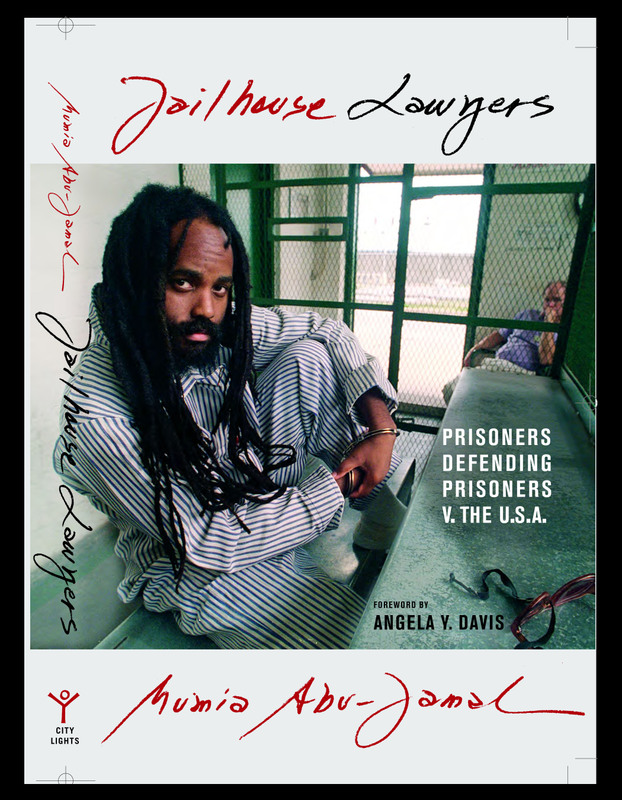
Address Our Grievances! Campaign Spreads
In Under Lock & Key issue 13, we published an article announcing a campaign about the improper handling of grievances by prison staff. Below is an update from the California comrade who originally turned us on to the campaign.
I initially mailed out my own petition to the CDCR Director Level back in Nov./Dec. of ’09 as part of the first wave of petitions. This was done under the auspice of its originator. However some time after the first wave went out, the persyn who devised this plan was subsequently taken to the hole. It was rumored that it was exactly because of this persyn’s legal maneuvering that he was sent to the hole. Anyway, back in January ’10 I received a response. As it turns out, these petitions were never investigated or even looked into as we requested. The Appeals Coordinator at the Director Level simply re-routed my petition back to the Warden’s office here at this institution, at which time the warden here implied that the appeals which I had pending were screened back to me because I basically failed to comply with inmate appeal regulations. This is of course total bullshit! The “W.” pretty much just issued me a de facto “695 Screen Out Form” without ever really looking into the matter, thereby sweeping the matter back under the rug.
I then decided that someone needed to step up to the plate and pick up where this petition’s originator left off. I began by tracking down as many people as I could find who’d participate in the legal action. I tracked down about eighteen people, of which only three others besides myself received responses. As it turned out, we all got the same document with seemingly no other action taken.
I then proceeded to make as many copies of the original petition as I could obtain. I was only able to make 20. Of these 20 I only had twelve more people agree to mail the petitions out. As of today nobody’s received any responses.
I contacted the Ca. Prison Law Office, useless. The Ombudsman, useless, no response, and a few other organizations claiming to offer inmates assistance (Critical Resistance? critically useless). I didn’t bother with Internal Affairs or the Inspector General as they are both connected to CDCR and seemingly cover their asses. The DOJ is a different story. However, they will only take action if it can be proven that civil rights abuses are taking place en masse. Since only four of us received responses, the DOJ will not take action.
So it hasn’t turned out as we hoped [with an investigation into the failed CDCR grievance system]. I suppose it wasn’t a total failure, though, as we have proved yet again that the inmate appeals procedure in the Ca. Dept. of Corruption is nothing but an obstacle placed in front of prisoners’ path to the U.$. judicial system.
MIM(Prisons) adds: This comrade’s initiative to pick up a worthwhile project, after state repression stopped the original leader, is commendable. Others who have this kind of initiative should be working with the United Struggle from Within, the MIM(Prisons)-led anti-imperialist prisoner organization. Comrades have been working diligently to expand the scope of the campaign and we now have petitions prepared for CA, MO, OK and TX. If you are filing grievances about any issue and they aren’t being handled properly by staff, consider becoming a part of this campaign and spread it to your people inside.
This comrade’s analysis of the success of the campaign is completely accurate. We can hope for an investigation into the corrupt grievance system, but if it doesn’t happen, then we have instead successfully exposed yet another flaw in the Amerikkkan “justice” system. It is important to not give up even if we feel like nothing will happen because these exposures are agitational points that we can rally people around. Also, like this comrade pointed out, if we send in enough petitions to the DOJ s/he believes that they may respond. So continue to send in your grievance petitions and get with MIM(Prisons) to get involved!
Campaign info:
We Demand Our Grievances are Addressed in California
Related Articles:This article referenced in:








